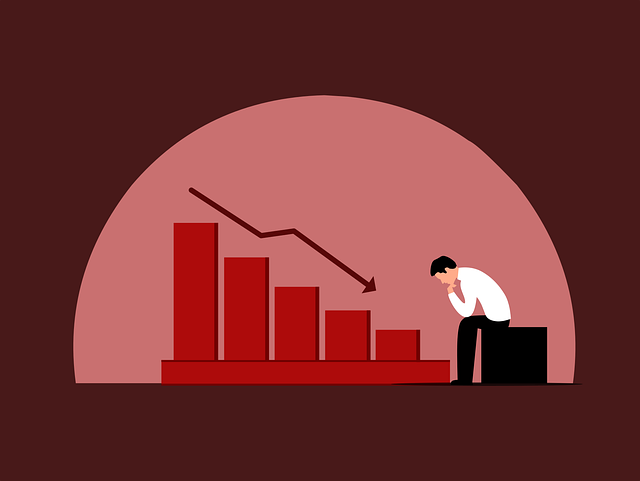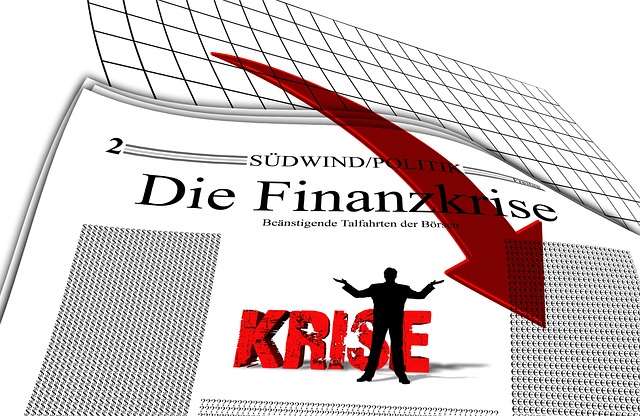Economics is a critical aspect of our everyday lives, influencing everything from the prices we pay for goods and services to the policies that shape our society. In this article, we will explore the basics of economics, examining fundamental concepts such as supply and demand, inflation, and economic systems. We will also delve into current economic trends and factors that are shaping our world today. Finally, we will analyze the profound impact that economics has on society, from income inequality to social welfare programs. Join us as we unravel the complexities of economics and its far-reaching effects on our daily lives.
1. "The Basics of Economics"

Economics is the study of how individuals, businesses, and governments make choices about allocating resources to fulfill their needs and wants. At its core, economics revolves around the concepts of scarcity, choice, and opportunity cost.
Scarcity is the fundamental problem in economics, as resources such as land, labor, and capital are limited, while the wants and needs of individuals are unlimited. This scarcity forces individuals and societies to make choices about how to best allocate these limited resources.
Choice is the process of selecting among alternative uses of resources. Individuals and businesses must decide how to allocate their time, money, and other resources to maximize their utility or profit. Governments also face choices about how to best allocate public resources to meet the needs of their citizens.
Opportunity cost is the value of the next best alternative that must be foregone when a choice is made. It represents the trade-off involved in making decisions, as choosing one option over another means sacrificing the benefits that could have been gained from the alternative choice.
Understanding these basic principles of economics is essential for analyzing and predicting economic behavior at both the individual and societal levels. By grasping the concepts of scarcity, choice, and opportunity cost, individuals can make more informed decisions about how to allocate their resources and maximize their overall well-being.
2. "Economic Trends and Factors"

Economic trends and factors play a significant role in shaping the economic landscape of a country. These trends and factors can affect various aspects of the economy, such as employment rates, inflation, GDP growth, and consumer spending.
One key economic trend is globalization, which has led to increased interconnectedness among different economies around the world. This trend has resulted in greater international trade, investment, and competition, impacting the economic performance of countries.
Additionally, technological advancements have also played a crucial role in shaping economic trends. The rise of automation and artificial intelligence has transformed industries, leading to job displacement and the need for reskilling and upskilling of the workforce.
Other factors that can influence economic trends include government policies, fiscal and monetary measures, natural disasters, political instability, and demographic changes. For example, changes in tax policies or interest rates can impact consumer spending and business investment, while an aging population can strain healthcare and pension systems.
It is essential for policymakers, businesses, and individuals to closely monitor these economic trends and factors to make informed decisions and adapt to changing economic conditions. By understanding and responding to these trends, stakeholders can navigate economic challenges and capitalize on opportunities for growth and development.
3. "Impact of Economics on Society"

Economics plays a crucial role in shaping society in various ways. One of the key impacts of economics on society is the distribution of wealth and income. Economic policies and decisions can influence the level of inequality within a society, with significant implications for social mobility, poverty levels, and overall well-being. For example, policies that promote economic growth and job creation can lead to higher incomes and improved living standards for individuals, while policies that favor the wealthy can exacerbate income inequality.
Additionally, economics can influence social attitudes and behaviors. Consumer spending patterns, for instance, can be shaped by economic factors such as income levels, inflation rates, and interest rates. Economic downturns can impact people's confidence and willingness to spend, leading to changes in consumption patterns and saving behaviors. Economic conditions can also influence social issues such as crime rates, educational attainment, and health outcomes, highlighting the interconnected nature of economics and society.
Furthermore, economics can have a significant impact on government policies and decision-making. Economic principles such as efficiency, equity, and sustainability play a crucial role in shaping public policy choices. For instance, economic considerations often underpin decisions related to taxation, public spending, and regulation. The choices made by policymakers can have far-reaching consequences for society, shaping the distribution of resources, opportunities, and outcomes.
Overall, the impact of economics on society is multifaceted and complex, with implications for individual well-being, social cohesion, and political processes. Understanding the interplay between economics and society is essential for creating policies that promote prosperity, equality, and sustainability for all members of society.